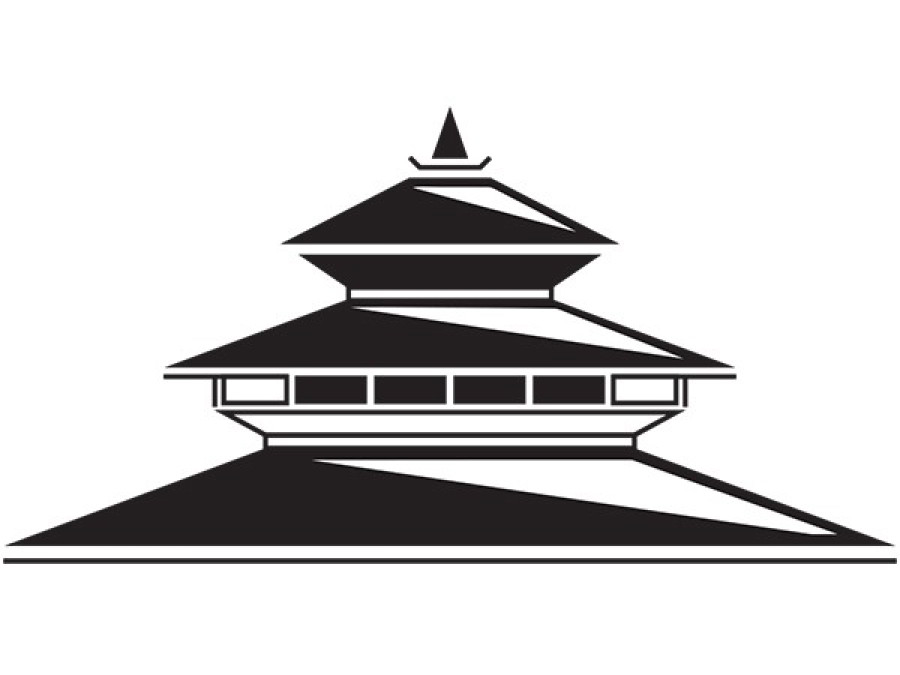Editorial
Bleeding state coffers dry
It is high time political parties stop competing with each other to introduce populist policies
Last week, Cabinet revised the eligibility criterion for elderly allowance. With this, anyone who is 65 has become eligible for a monthly allowance of Rs2,000. Earlier, this age bar was fixed at 70, except for dalits and residents of the erstwhile Karnali Zone who are eligible for the grant after they turn 60.
The decision made by the outgoing prime minister and ministers, whose countdown for departure from the government has started, has lifted the spirit of those in the age group of 65 to 69. But it has also added a financial burden of around Rs15 billion per year on the state, as there are over 636,000 people aged 65 to 69 according to the estimates of the Central Bureau of Statistics.
The government should no doubt ensure the wellbeing of elderly citizens, who had made significant contributions to the state when they were young and active. However, what is also true is that many people aged 65 to 69 are capable of working these days and making contributions to the economy. But the government appears to be encouraging them to drop out of the labour market, which does not make much sense.
Advancements in medical science and availability of better diet have played a crucial role in keeping people healthy and extending longevity throughout the world. Nepal is not an exception in this case, as it has seen average life expectancy jump from 54 years in 1991 to 70 years today. This change in life span of average Nepalis has triggered discussions on increasing the official retirement age from 58 to 60 or above.
So, the decision to reduce the age bar for elderly allowance is ill-thought-out, as healthier elderly people who can earn a living on their own are likely to be subject to government grants. The country probably would achieve better returns if the money is used to provide scholarships to needy students or improve conditions of health centres across the country.
Governments in Nepal have made populist decisions that appeal to a cohort but bleed state coffers dry many a time. Earlier, the Communist Party of Nepal-Unified Marxist Leninist (CPN-UML) used to be at the forefront of introducing such populist policies. It is unfortunate that such a populist decision has now been made by the government led by the Nepali Congress (NC), a political party which has long opposed CPN-UML’s tactic of pleasing the electorate by making inefficient use of taxpayers’ money.
It is high time political parties stop competing with each other to introduce populist policies that create undue pressure on taxpayers. This will not benefit a country whose government currently cannot generate adequate resources to cover recurrent expenditure because of a rampant hike in disbursement of grants.




 9.89°C Kathmandu
9.89°C Kathmandu














